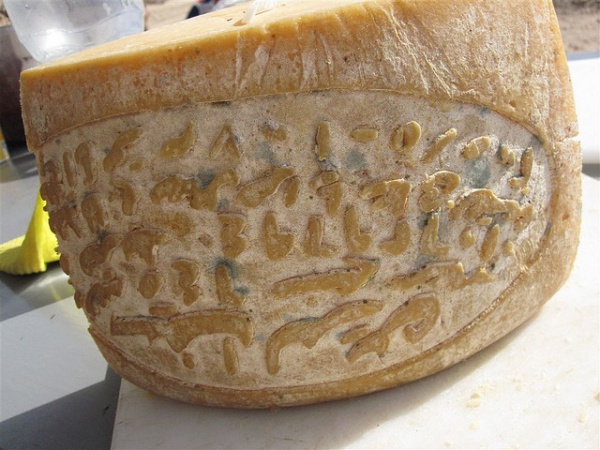Facts About Rumi cheese
Rumi cheese is a popular Egyptian cheese renowned for its intense aroma and varying levels of saltiness, determined by its aging process. It originates from Greek kefalotyri cheese and shares similarities with Pecorino Romano and Manchego. Rumi is crafted from cow's milk or a blend of cow and buffalo milk and notably, it is produced without a starter culture. This cheese matures over a period of 3-4 months, developing an open texture and a sharp, pungent flavor. It is typically available in large 10-kilogram wheels or in convenient vacuum-packed slices. For those mindful of their calorie intake, Rumi contains approximately 100 calories per ounce, with about 28% of that being saturated fat.
Moreover, the addition of PGE or lipases from R. miehei or R. pusillus can enhance the flavor profile of other cheeses like Ras and Domiati. In 1985, an experimental Ras cheese was produced using a mixture of cow, buffalo, and soy milk, resulting in a cheese with lower fat content and a slightly different flavor, yet retaining good sensory qualities. Another intriguing cheese, Mish, traditionally made from Areesh cheese, can also be produced using Ras and Domiati cheeses as substitutes.

 Sudan
Sudan